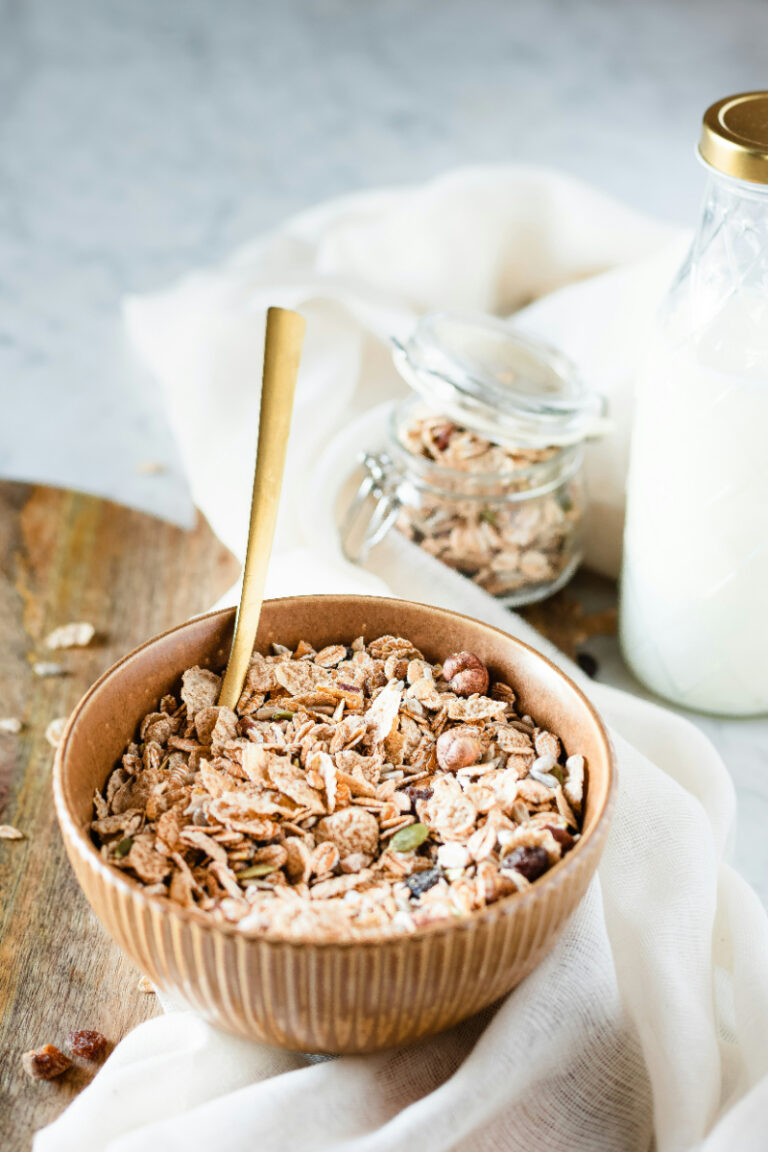How Many Carbs are in French Fries? A Friendly Guide to Your Favorite Snack
Are you curious about how many carbs are in french fries? It’s a common question for anyone looking to track their carbohydrate intake or maintain a healthy diet. French fries are a popular side dish that can be found at fast-food restaurants, diners, and even upscale eateries. But how many carbs are in a serving of french fries?
The answer depends on several factors, including how the fries are prepared and what type of potato is used. In general, a single serving of french fries can contain anywhere from 14.8 grams to over 77 grams of carbohydrates. That’s a significant amount, considering the recommended daily intake of carbohydrates for adults is around 130 grams. So, if you’re watching your carb intake, it’s important to be mindful of how many french fries you consume.
While french fries may be a tasty treat, they are not the healthiest food option. Consuming too many carbs can lead to weight gain, high blood sugar levels, and other health issues. That’s why it’s important to be aware of the number of carbs in your favorite foods, including french fries. In the following sections, we’ll explore the nutritional value of french fries and provide tips for reducing your carb intake while still enjoying this classic side dish.

Nutritional Content of French Fries
French fries are a popular side dish that can be found in many fast food restaurants and diners. They are made by slicing potatoes into thin strips and deep-frying them until crispy. French fries are often seasoned with salt and can be served with ketchup or other dipping sauces.
Carbohydrate Counts
One of the main nutritional components of French fries is carbohydrates. According to Verywell Fit, a single serving of French fries contains 18.5 grams of carbohydrates and 196 calories. However, the calorie counts can vary depending on how the French fries are prepared. For example, fast-food French fries and restaurant French fries tend to be higher in calories and carbs.
It is important to note that French fries are a high-carbohydrate food, which means they can quickly raise blood sugar levels. This can be especially problematic for people with diabetes or those who are trying to manage their weight.
Comparison with Other Potato Dishes
When compared to other potato dishes, French fries tend to be higher in carbohydrates and calories. For example, a serving of mashed potatoes contains around 35 grams of carbohydrates, while a serving of baked potatoes contains around 30 grams of carbohydrates. However, mashed and baked potatoes are often served without added fats, which can make them a healthier option overall.
If you are looking to reduce your carbohydrate intake, it may be best to avoid French fries altogether. Instead, consider other potato dishes that are lower in carbs, such as roasted or boiled potatoes. Additionally, you can try making your own French fries at home using an air fryer or baking them in the oven with minimal oil to reduce the overall calorie and carb count.
Factors Affecting Carb Content
French fries are a popular snack and side dish that are enjoyed by many people around the world. However, the carb content of french fries can vary depending on several factors. Here are some factors that can affect the carb content of french fries:
Portion Sizes
The amount of french fries you consume can have a significant impact on the carb content. A single serving of french fries can contain anywhere from 14.8 grams to 40 grams of carbs, depending on the portion size. For example, a small order of french fries from a fast-food restaurant typically contains around 25 grams of carbs, while a large order can contain up to 70 grams of carbs.
It’s important to be mindful of your portion sizes when consuming french fries to avoid consuming too many carbs. Consider sharing a larger order with a friend or family member to reduce your carb intake.
Preparation Methods
The way french fries are prepared can also affect their carb content. For example, french fries that are deep-fried in oil tend to be higher in carbs than those that are baked or air-fried. This is because deep-fried french fries absorb more oil during the cooking process, which increases their carb content.
Additionally, the type of oil used to fry the french fries can also affect their carb content. Some oils, such as vegetable oil, can contain more carbs than others, such as coconut oil or avocado oil.
To reduce your carb intake when consuming french fries, consider choosing baked or air-fried options instead of deep-fried ones. You can also try making your own french fries at home using healthier oils like avocado oil or coconut oil.
Impact of French Fries on Diet
French fries are a popular side dish that can be found in many fast-food restaurants and households. They are made from potatoes that are cut into strips and deep-fried in oil. French fries are a high-carb food that can impact your diet in several ways.
Glycemic Index
The glycemic index (GI) is a measure of how quickly a food raises blood sugar levels. French fries have a high GI score, which means they can cause a rapid increase in blood sugar levels. This can be problematic for people with diabetes or those trying to manage their blood sugar levels.
Balancing Carbs in Meals
Balancing carbs in meals is important for maintaining a healthy diet. One way to balance carbs is to pair high-carb foods like French fries with low-carb foods like vegetables or protein. This can help slow down the absorption of carbs and prevent blood sugar spikes.
Another way to balance carbs is to watch portion sizes. A single serving of French fries contains about 48 grams of carbs, which is about 16% of the daily recommended intake for a 2,000 calorie diet. It’s easy to consume more than one serving, especially when eating out at fast-food restaurants.
In conclusion, French fries are a high-carb food that can impact your diet in several ways. They have a high GI score and can cause blood sugar spikes. However, balancing carbs in meals and watching portion sizes can help mitigate their impact on your diet.






